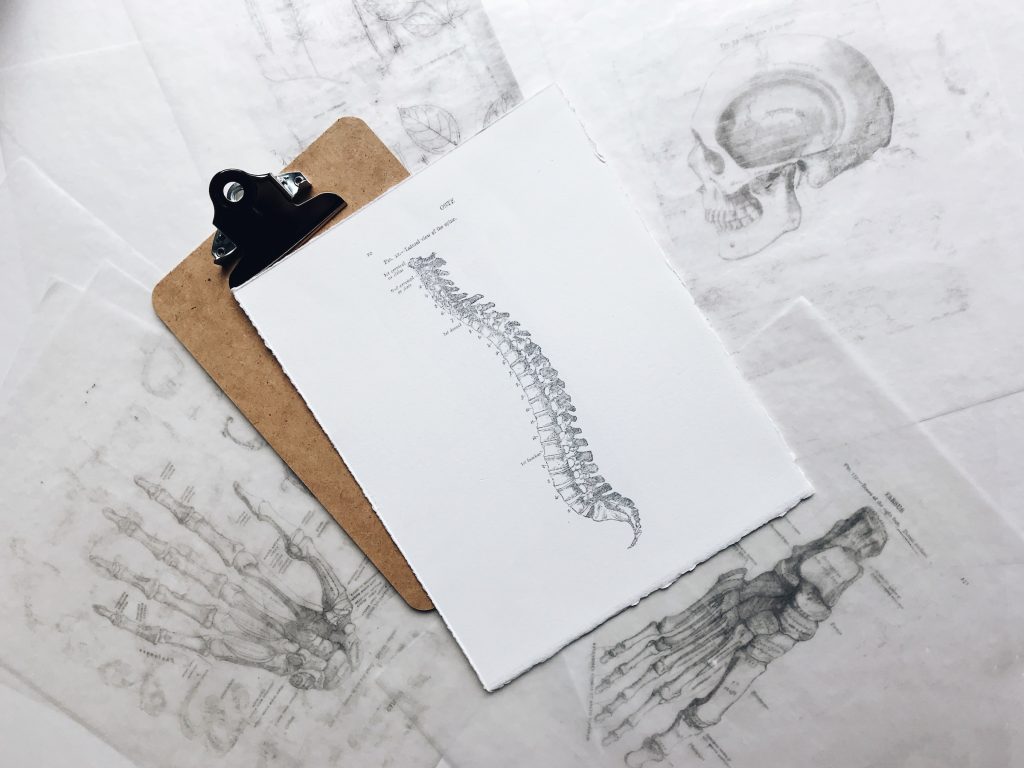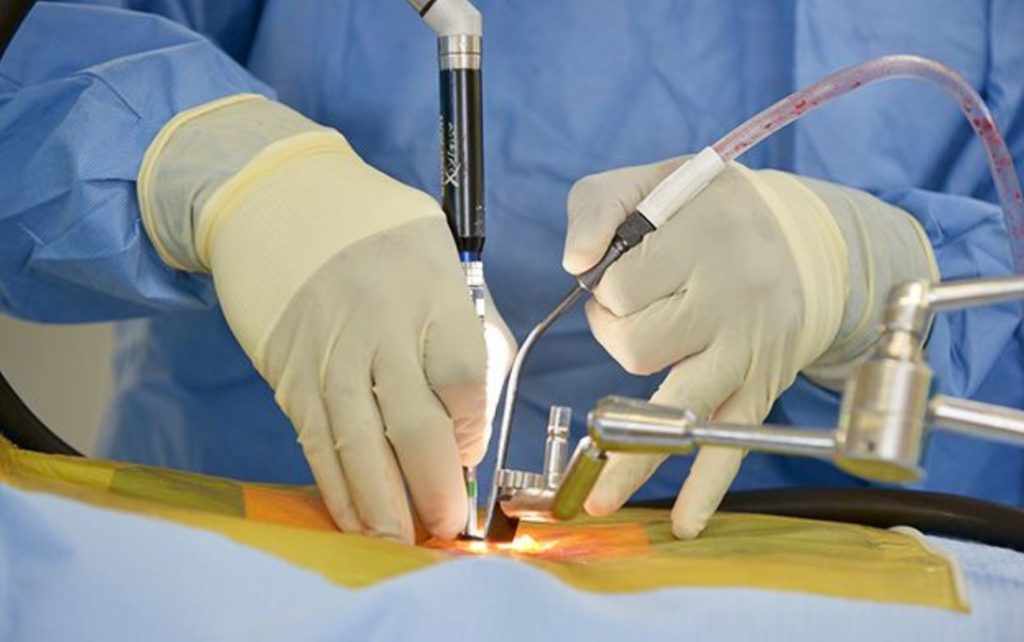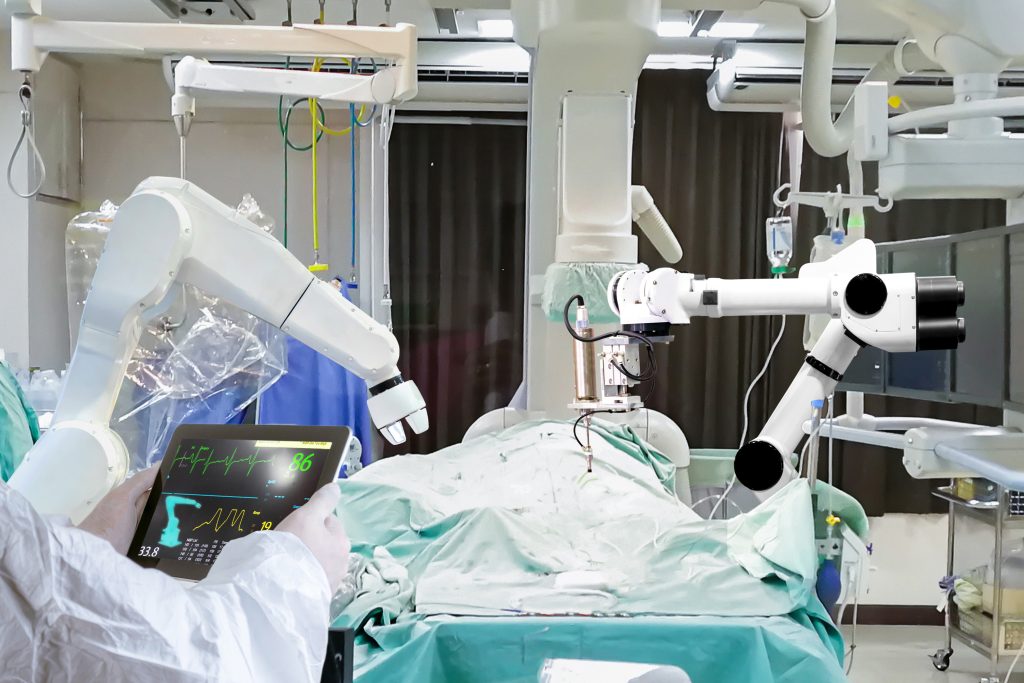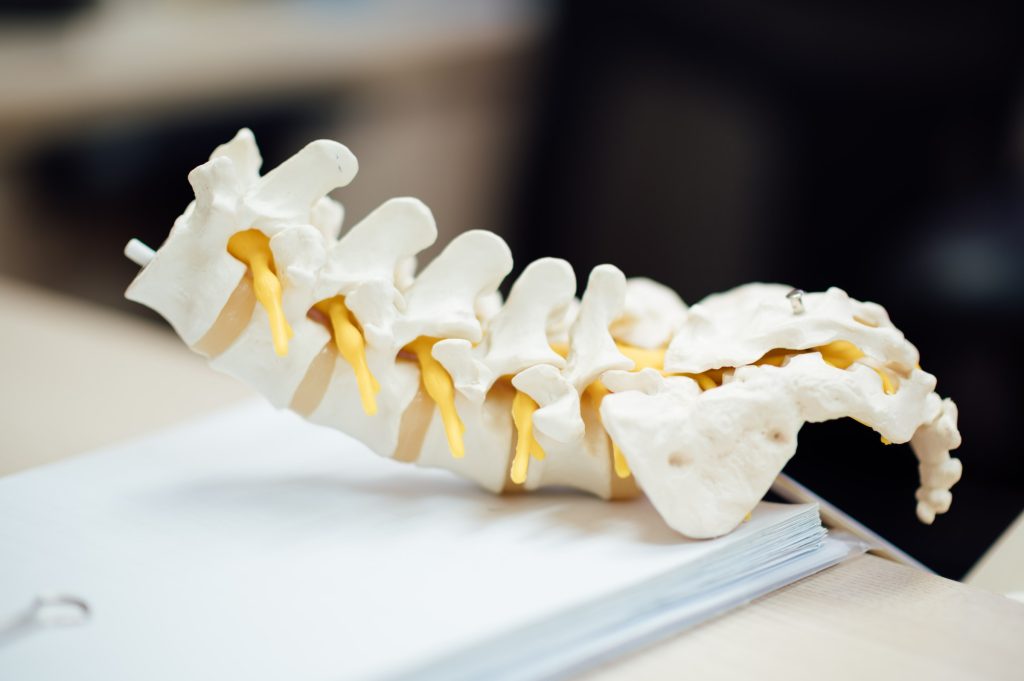The same medical objectives as traditional spine surgery are sought after by minimally invasive spine surgery (MISS) but with less physical stress. This is achieved by employing specialised tools and methods that reduce the size of the wounds, minimise the harm to soft tissues, and enable quicker healing periods. For this procedure, there is a lot of great detail that goes into MISS, including what it is, its benefits, possible drawbacks, and future directions.
History and Evolution of Spine Surgery
Contents

The Procedure of Minimally Invasive Spine Surgery
Depending on the problem being treated, the specifics of a minimally invasive spine surgery can change, but the overall procedure stays mostly the same. To make sure the patient doesn’t experience any pain during the treatment, anaesthesia is first given to them. The surgeon next creates a tiny incision where the issue is located.
Inserting a tubular retractor through the incision is the next step. By making a tunnel to the trouble spot, this gadget keeps the muscles open. In contrast to traditional surgery when the muscles are often severed or moved aside, this method causes the least amount of damage to the muscles. Next, through the retractor, an endoscope—a tiny camera—is inserted. With the help of this camera, which illuminates the area and transmits live footage to a monitor, the surgeon can see the affected portion of the spine clearly and with more magnification.
Finally, using devices that are designed to fit through the tubular retractor’s core, the surgeon completes the necessary procedure. This entails the decompressing of a compressed nerve, the removal of a herniated disc, or further performing further procedures if required. Afterwards, the surgeon will extract the tubular retractor to allow the muscles to naturally reposition went finished and the patient is then sent to recovery when the incision closes.
Benefits of Minimally Invasive Spine Surgery
The main benefit of Minimally Invasive Spine Surgery is that it is surprisingly less stressful than standard surgery. With that, this procedure has several advantages going for it.

To begin with, this procedure causes less pain than contemporary methods where it is reported by patients that they feel less discomfort and pain in comparison to standard surgery. This is due to the smaller incisions and the lessened muscle damage which allows better recuperation time due to the decrease in problems that the body has to naturally heal from.
Other than the increased recuperation time, there is also a decrease in the risk of infections and blood loss. In comparison to traditional methods, MISS has a more minimally invasive nature with smaller incisions means that not as much blood will be lost and the body is not just as exposed which decreases infections.
Risks and Complications of Minimally Invasive Spine Surgery
Although Minimally Invasive Spine surgery has its benefits, it also has its potential risks and complications just like any other procedure that is done on a person. The risks can depend on a variety of factors just as procedure type, diseases, and the patient’s overall health. With that, the risks can include unexpected bleeding, some risk of infection, nerve damage, and if not careful there will be allergic reactions to anaesthesia.

Even though MISS is a less invasive alternative, it is important to note that some patients may experience some persistent pain or lack of relief that will call for repeat surgeries in rare cases. With that, not everybody is viable for this procedure and must be relatively in good health before undergoing MISS.
The Future of Minimally Invasive Spine Surgery
In the future of MISS, advanced imaging techniques are coming into play and will continue to come into play as the surgeries become more personalized. This will include 3D modelling and the printing of surgical tools for specific anatomies or conditions of the patient.

At the same time in the near future, we will see a decreased reliance on human surgeons where computer-assisted technology and robotic surgery and these will increase steadiness and precision. Moreover, with AI-assisted predictive modelling to anticipate potential complications, all of these factors will lead to safer surgeries.
Minimally Invasive Spine Surgery is revolutionary in the field of spin surgery where its capacity to minimize painful recovery, reduce risks, and increase recuperation time is an attractive prospect for those undergoing spine surgery. With this, a significant leap in enhancing the patient experience with advancements that allow MISS to continue to grow.

If you are experiencing persistent spine issues, you can seek Minimally Invasive Spine Surgery as a great alternative to traditional spine surgery. With less risk and pain, you can rest easy. However, like any other procedure, it always pays to consult with a professional to understand what is supposed to occur with the procedure and understand how it can apply to you.

